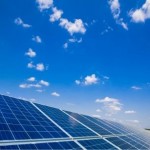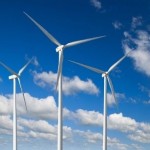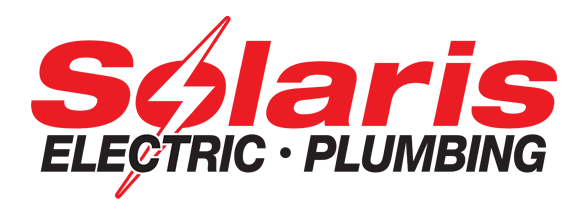What Alternative Energy Is and How It Helps the Planet
The developed world is increasingly turning to alternative energy to combat climate change, reduce pollution, and preserve fragile ecosystems. So what exactly qualifies as alternative energy? In essence, alternative energy is any form of energy that can be generated without harming the environment and is derived from natural resources that cannot be depleted. It’s also called renewable or “clean” energy.
Widespread use of alternative energy systems helps the planet by reducing reliance on finite and environmentally problematic energy sources like fossil fuels and natural gas. Fortunately, renewable energy technology is rapidly advancing and becoming more readily available for large-scale and individual applications alike. Read on to learn about the most commonly-used alternative energy systems and the benefits they provide - not the least of which is lower utility costs!
Solar Power Basics
Solar power is probably the most well-known form of alternative energy. The basic principle is simple: when sunlight hits a solar panel, photovoltaic cells within the panel convert the sun’s energy into electricity. This electrical power can be used immediately or diverted to a storage battery for future use.
Many states and regions worldwide have enormous solar farms that stretch for acres and feed power into the national or city power grid. Some cities and states offer tax breaks for homeowners who install rooftop solar arrays. With large enough arrays, some homeowners may be able to generate enough power to go off the grid entirely!
Introduction To Wind Power
Wind power is another widely-used form of alternative energy that is becoming more popular for residential use. Wind power is generated by large wind turbines that resemble windmills. When a breeze comes along and turns the turbine blades, the motion spins an induction generator, producing an electrical current. While generally not as consistent as solar energy, the power generated by wind turbines can also be stored for later.
 While many localities prohibit the use of large wind turbines in individual residential settings due to their size and noise level, some homeowners can augment their grid power with a turbine. There are even a few rural communities around the world that draw all of their power from their own wind farms.
While many localities prohibit the use of large wind turbines in individual residential settings due to their size and noise level, some homeowners can augment their grid power with a turbine. There are even a few rural communities around the world that draw all of their power from their own wind farms.
Other Sources of Alternative Energy
Although wind and solar are the most common types of alternative energy, some other systems and variations are picking up steam, particularly for residential use. Solar-thermal systems harness the sun’s energy but convert it directly to heat instead of electric current. This is often used for water heaters or heat pumps. Geothermal energy draws heat from underground and uses it for energy. This technology can also be used for heat pumps and “hybrid” water heaters.
Micro-hydropower systems use a flowing water source - even a small creek - to generate electricity with a water turbine. This is a little like a miniature version of hydroelectric power but without the ecological repercussions of installing a dam. Clean energy technologies are always being developed and improved upon, so the residential applications will only get better and easier to adopt in the years to come!
About Solaris Electric
The award-winning, highly-rated Solaris Electric has been a staple of the Orlando, FL community since 2008. Their clean and courteous professionals are available 24/7 to handle any emergency. Solaris offers up-front, flat-rate pricing, financing, membership perks, and a 100% satisfaction guarantee on their services. Give them a call today for clean energy solutions in the Orlando area.




























